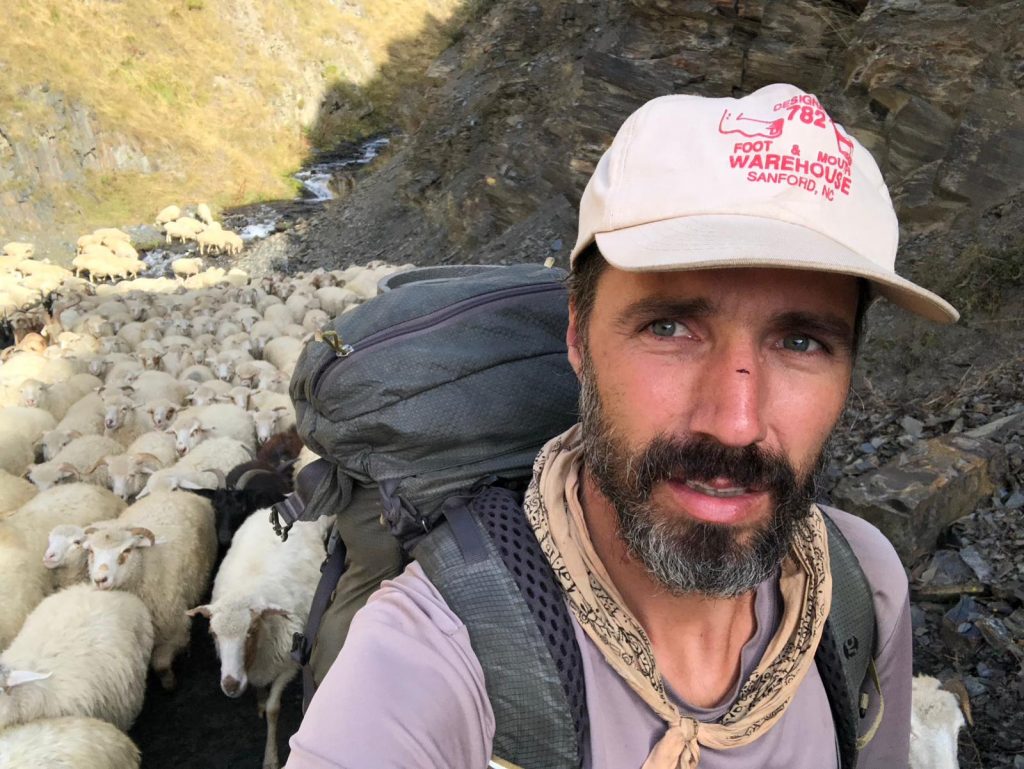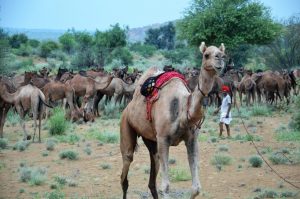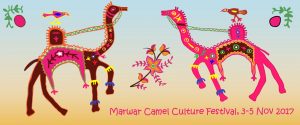 |
India marks its independence on 15 August – an ideal occasion to press for the rights of pastoralists to their traditional grazing rights in the country’s forests. A ban on traditional grazing in forests threatens the pastoralists’ livelihoods. Many are forced to give up keeping animals, in turn threatening the survival of many unique livestock breeds. India’s forests must be conserved. But so too must the livelihoods and rights of the people who depend on them. Please print out one of these letters, sign it, and mail or fax it to the addresses below.
Addresses
|
 |
Documentation of animal genetic resources: the LIFE methodIlse Köhler-Rollefson and Hanwant Singh Rathore LEISA Magazine, March 2006 Describes the LIFE approach to documenting livestock keepers’ knowledge about their breeds.
|
 |
Asia-level workshop hosted by Lokhit Pashu-Palak Sansthan, 12-16 October 2003 This workshop introduced the “LIFE Method” of documenting breeds, exposed livestock and animal breeding professionals to field situations and familiarized them with the perspective of livestock breeding communities, provided background information on evolving issues within the sector (such as the upcoming negotiations for an International Treaty on Farm Animal Genetic Resources), and projected the status of selected Indian livestock breeds. Recommendations to promote the sustainable use of farm animal genetic resources in Asia covered four issues:
|
 |
Still a viable livelihood option?Workshop report compiled by Chakrawarti Singh and Ilse Koehler-Rollefson Lokhit Pashu-Palak Sansthan, 2005 Summary and recommendations from a workshop with more than 50 sheep pastoralists from Rajasthan. Participants urged the the government to implement recommendations on grazing and fodder, marketing, services, institutional changes, indigenous knowledge and research.
|

 27 kb
27 kb Download
Download Workshop report
Workshop report



